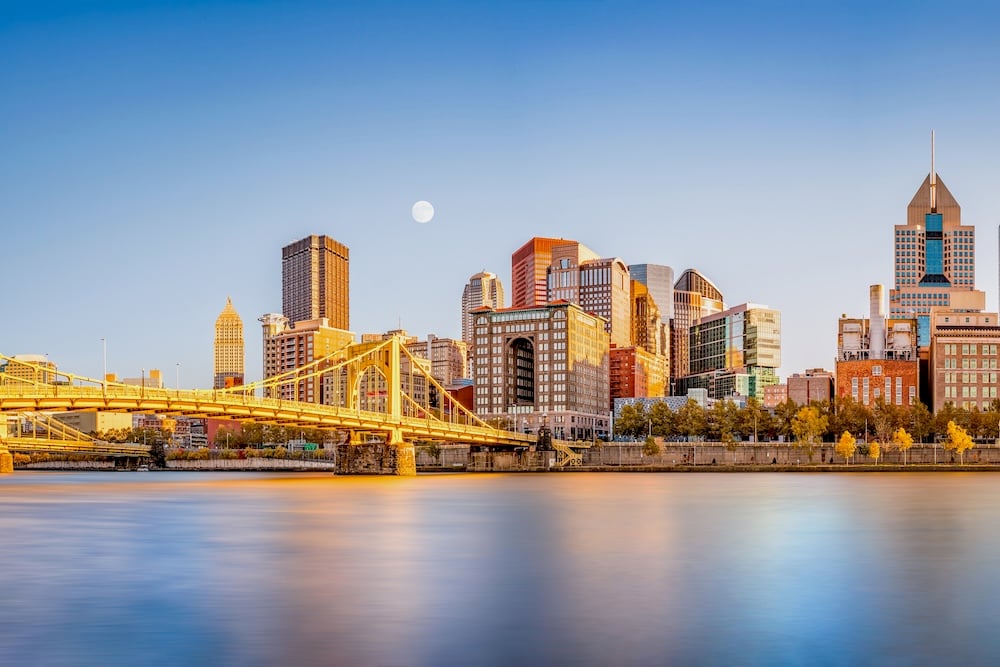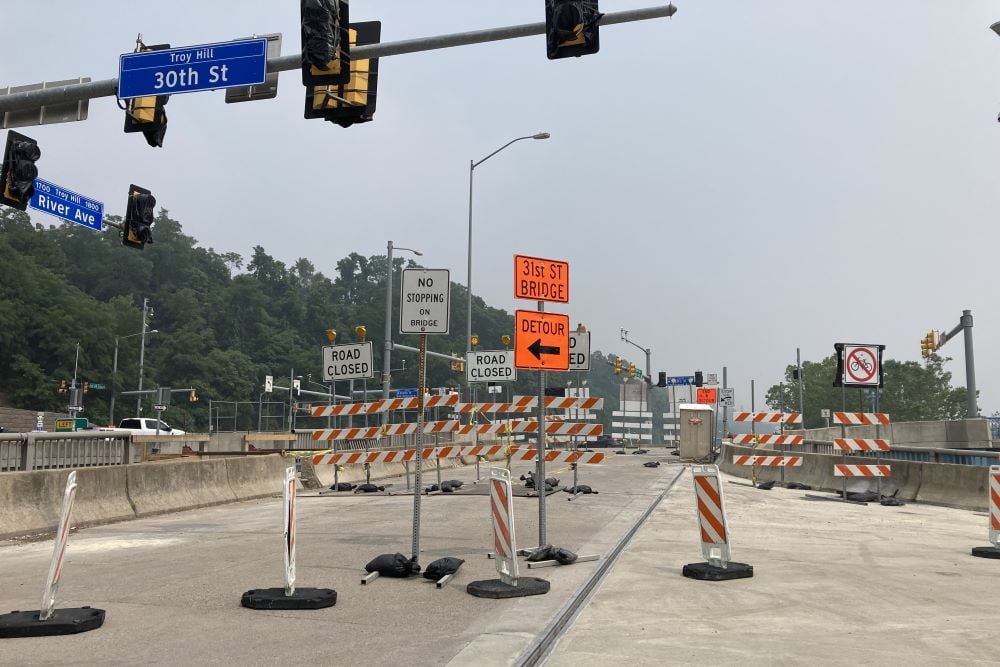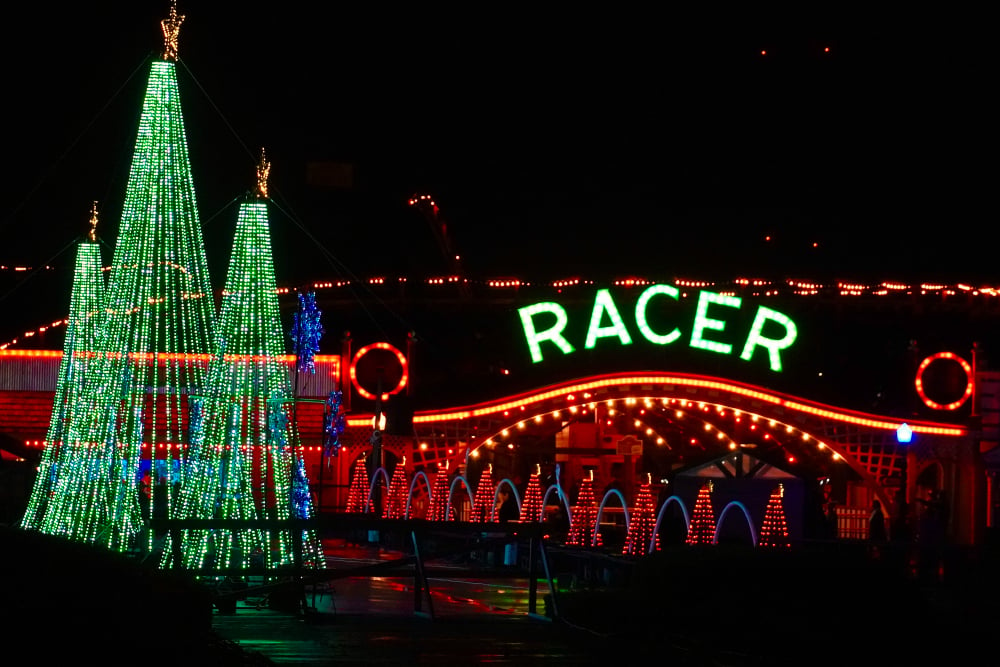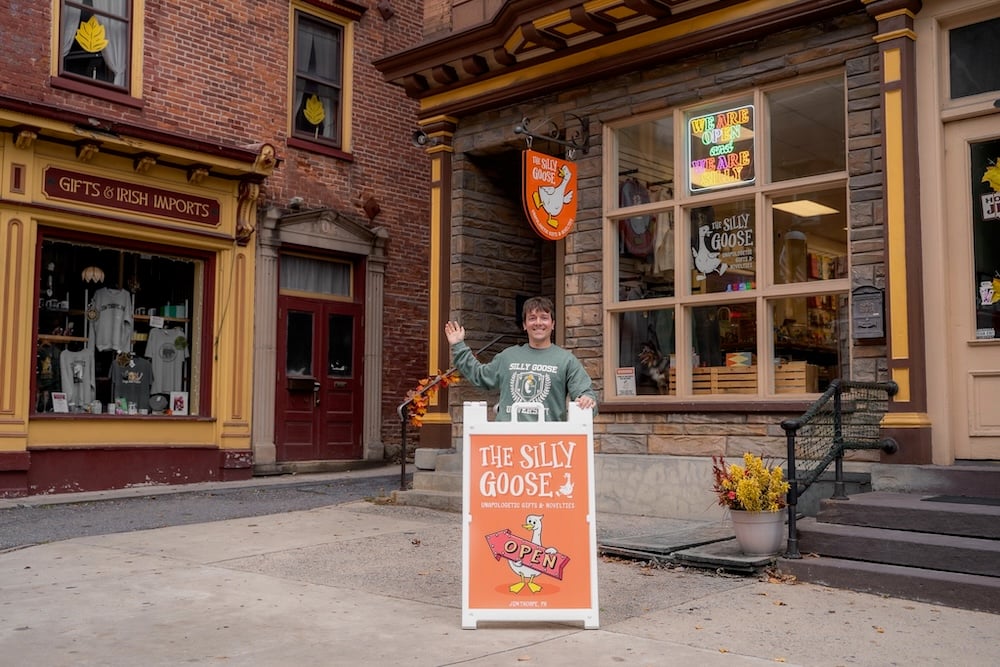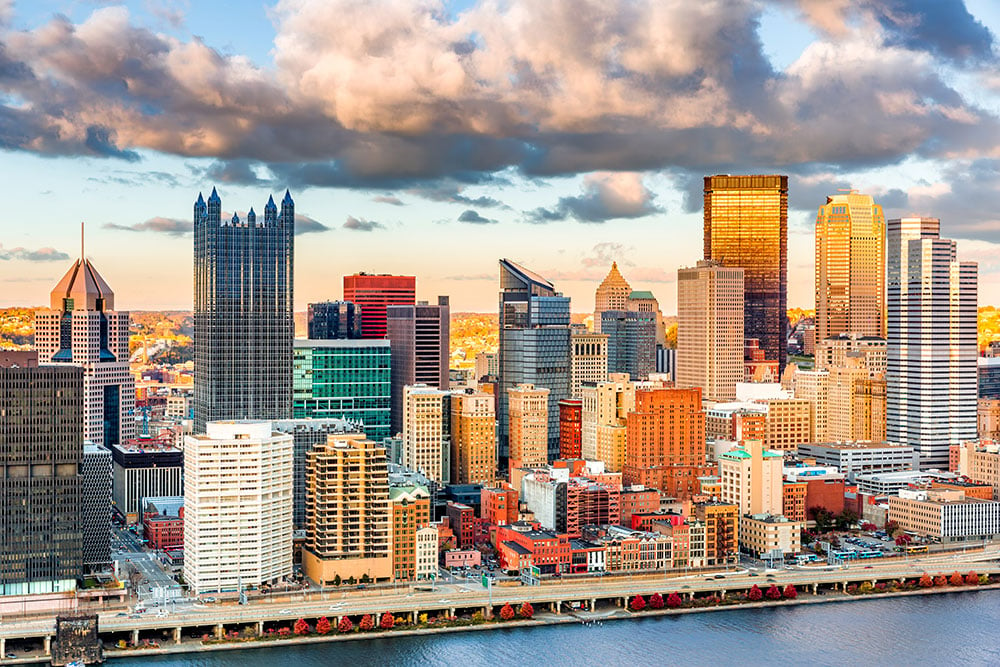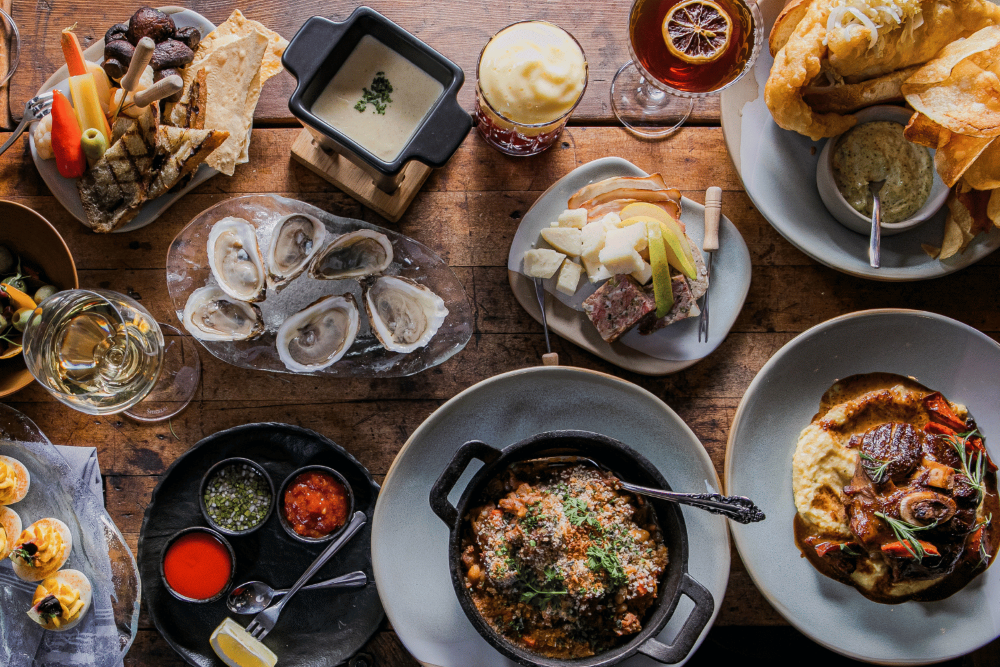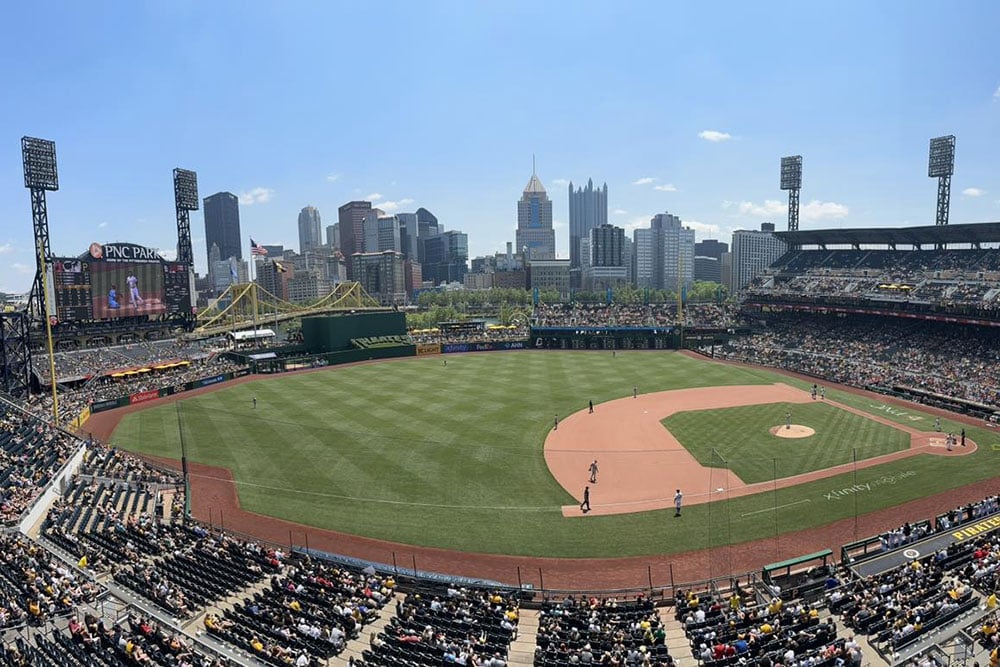Collier’s Weekly: Springsteen Showed Us Why Concerts Matter — And How to See Them Without Going Broke
Recent controversies over dynamic pricing highlight how absurd the ticket industry has become.
Last week’s pair of concerts by Bruce Springsteen and the E Street Band were an affirmation. Not merely of rock and roll — though the mighty, wall-of-sound collective from the Jersey shore remains the best preachers of that particular gospel — but of the power of collective experience.
For three hours each on Thursday and Sunday, Springsteen and his virtuosic group of musicians held packed crowds at PPG Paints Arena in rapture. Call-and-response sections of familiar songs went beyond mere singalong and passed into transcendent moments of community. During quiet songs, no one dared interrupt; for high-energy songs, entire sections leapt out of their chairs, lifted on a wave of joy.
These are the moments that remind us why we gather en masse. Around here, we often get them from sports, when a touchdown propels thousands out of their seats at Acrisure Stadium — or on those rare occasions when the Pirates pay off our years of patience at PNC Park. In music, it’s why we brave the traffic and the cost to commune with our heroes; in the theater, it’s why we pack Downtown venues, awaiting the promise of that standing ovation that cannot be denied.
Related: Why Can’t We Have a Convenient Concert Venue?
No one has more of a natural ability to provoke these responses than Springsteen. And last week, he demonstrated why Pittsburghers come to see him time and again — a recent layoff notwithstanding, on dozens of occasions over nearly 50 years of Pittsburgh concerts.
And the experience was open to anyone with either the luck to navigate the byzantine demands of the Ticketmaster corporation … or just those with patience.
A crisis of faith struck the Springsteen fan community in 2023, when the current U.S. tour was first put on sale. (An illness made the Boss delay the shows for a full year.) Long a holdout against the exponentially inflating cost of concert tickets, Springsteen finally yielded to Ticketmaster’s “dynamic pricing” scheme, where concert tickets become more expensive when a lot of people are trying to get them at once.
Theoretically, prices are also supposed to drop when demand is low, but the algorithm seems pretty firmly set against that ever actually happening.
When this round of Springsteen tickets first went on sale, some fans logged on to find decent seats were going for thousands of dollars, with more affordable tickets unavailable. The backlash was swift, as fans who had followed the Boss for decades — and didn’t expect to ever pay more than about a hundred bucks for the privilege — found themselves unable to afford an experience that, for many of us, is more akin to a religious renewal than a mere concert.
So shocking was this perceived betrayal that the online home of the Springsteen fan community, the venerable “Backstreets” website and magazine, posted a scathing editorial — and later shut down permanently, ending 40 years of near-daily reporting.
To be clear, “dynamic pricing,” presented as a bulwark against secondary-market price gouging but really another callous cash grab by Ticketmaster, is a scourge — and Springsteen never should’ve agreed to it. The business of concert production is a tough one made tougher by corporations that stand between fans and music, and while Springsteen himself was at worst a passive bystander, this could’ve been avoided.
But here’s the thing: There’s an easy way to avoid such price hikes. Usually, all you have to do is wait.
Last week, tickets were still available for the Springsteen concerts. Not from StubHub or other secondary-market sites, but from Ticketmaster itself. The cheapest were less than $100, before fees, and even decent seats were a few hundred dollars — certainly not cheap, but not beyond the admittedly hyperinflated norm.
The dynamic pricing system punishes fans who are determined to score their tickets as early as possible. All one needs to do to avoid it, usually, is wait — for the algorithmically perceived “demand” to drop in the weeks after an on-sale, or for additional tickets to be released in the days leading up to a show.
This is true of sports as well. It was once the case that buying tickets for a Pirates or Penguins game early guaranteed the best value, but dynamic pricing has ended the very notion of a “face value” ticket. Instead, it’s often better to wait as long as possible — often until the day of an event — to buy your tickets. The best seat I ever had for an NBA game was purchased as I walked from the parking lot outside Chicago’s United Center to the arena door, and it cost me about $50.
If we stop buying into the hype cycle of on-sale dates, preferred presales and every other trick Ticketmaster has implemented to relieve us of our money, we can have amazing collective experiences. And we can have more of them, since we didn’t empty our bank accounts for a ticket that would drop in price a few days later.
Bruce Springsteen and his fans, myself included, have a special and lasting bond that can turn into indescribable magic during an evening of healing, raucous music. The only thing that can get in a way is a particularly nasty corporation. It’s time we start learning to spot its tricks.


